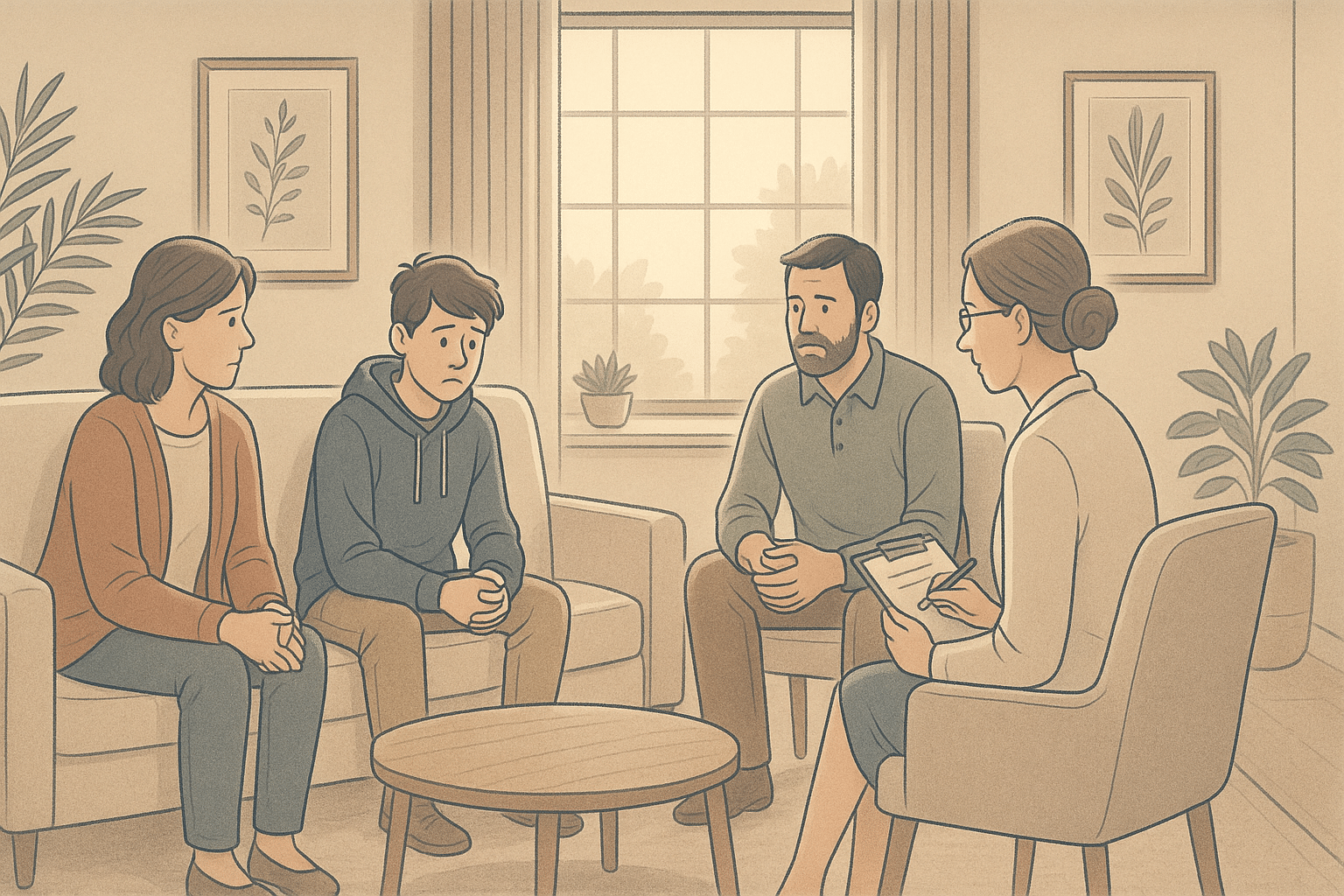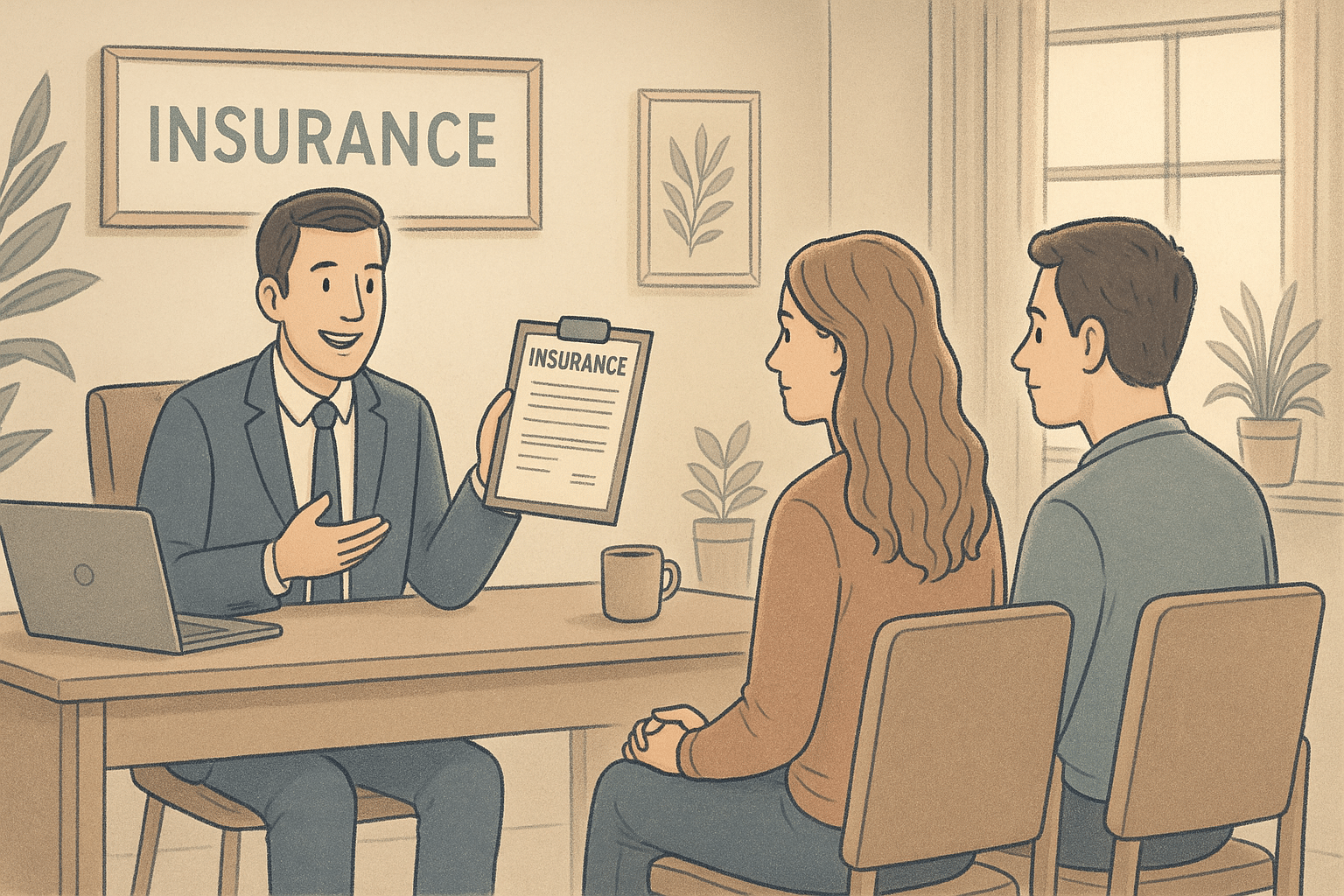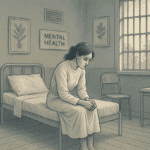Key Takeaways
- Virginia faces a significant adolescent mental health crisis with limited treatment options, where only one-third of youth with depression receive consistent mental health services.
- Different types of mental health facilities exist for teens in Virginia, including inpatient, residential, partial hospitalization, intensive outpatient, and community-based services.
- When selecting a facility, parents should evaluate clinical specializations, treatment approaches, therapist qualifications, family involvement opportunities, and educational integration.
- Understanding insurance coverage, payment options, and potential red flags can help families make informed decisions about adolescent mental health treatment.
- At Mission Prep Healthcare, we offer comprehensive mental health assessments and personalized treatment plans to help families find the right care for their teen. Our evidence-based approach includes CBT, DBT, trauma-focused therapy, and active family involvement to support lasting recovery.
Virginia’s Teen Mental Health Crisis
Virginia’s adolescent mental health landscape presents a troubling reality. Statistics show that one in five teens in Virginia has experienced a major depressive episode, yet only one-third of youth with depression receive consistent mental health care. This treatment gap leaves many families desperately searching for solutions.
The shortage of specialized adolescent mental health facilities throughout the state creates significant barriers to access. Many families find themselves on lengthy waiting lists or traveling long distances for appropriate care. This is particularly challenging in rural areas where resources are even more limited.
Virginia has introduced programs like the Virginia Mental Health Access Program (VMAP) and the Youth Mental Health Corps, which trains young adults through AmeriCorps to support peers and expand services in underserved areas.
However, the state’s teen mental health system is still developing, with ongoing efforts to improve access, reduce stigma, and provide timely, personalized care.
Mission Prep Healthcare specializes in mental health treatment for teens aged 12-17, offering residential and outpatient programs for anxiety, depression, trauma, and mood disorders. Our therapies include CBT, DBT, EMDR, and TMS, tailored to each adolescent’s needs.
With a structured, supportive environment, we integrate academic support and family involvement to promote lasting recovery. Our goal is to help teens build resilience and regain confidence in their future.
Types of Mental Health Facilities
Inpatient Treatment Centers
Inpatient treatment represents the highest level of care for adolescents experiencing acute mental health crises. These hospital-based programs provide 24/7 medical supervision and are designed for teens who are at imminent risk of harming themselves or others.
Treatment focuses on crisis stabilization, medication management, and creating a safety plan before transitioning to a less restrictive level of care. Inpatient stays are typically short-term, lasting from several days to two weeks.
The goal is to stabilize the immediate crisis and develop a comprehensive discharge plan that includes appropriate follow-up care. For many teens, inpatient treatment serves as an entry point to longer-term treatment options.
Residential Programs
Residential treatment programs provide intensive, specialized care in a non-hospital setting where teens live full-time during their treatment. These facilities offer a structured environment with 24-hour supervision and comprehensive therapeutic programming. Typical stays range from 30 days to several months, depending on the teen’s needs and progress.
These programs address complex issues like severe depression, anxiety disorders, trauma, and behavioral problems through individual therapy, group therapy, family therapy, educational support, and skill-building activities.
Partial Hospitalization
Partial Hospitalization Programs (PHPs) offer intensive treatment during the day while allowing teens to return home in the evenings. These programs typically run five days per week for 6–8 hours daily, providing structured therapy, psychiatric services, and educational support.
PHPs serve as an effective step-down from inpatient or residential care or as an alternative when those higher levels of care aren’t necessary. The balance of intensive treatment with home life makes PHPs particularly valuable for teens who have stable home environments but require more support than traditional outpatient therapy can provide.
Intensive Outpatient
Intensive Outpatient Programs (IOPs) provide structured mental health treatment while allowing teens to maintain most of their normal routines. These programs typically meet 3–5 days per week for 3–4 hours per session, offering a step down from partial hospitalization or a step up from traditional outpatient therapy.

At Mission Prep Healthcare, we find IOPs particularly effective for teens who need more support than weekly therapy but can safely function in their home and school environments.
The effectiveness of IOP treatment depends significantly on family support and the teen’s willingness to engage in the therapeutic process. Parents should expect to be actively involved in their teen’s IOP treatment, participating in family therapy sessions and supporting skills practice at home.
Community-Based Services
Community-based mental health services encompass a wide range of supports delivered in home, school, or community settings. These include in-home counseling, school-based services, mentoring programs, and case management.
Virginia’s Community Services Boards (CSBs) serve as entry points for many of these services, providing assessment, referral, and direct treatment for adolescents with mental health needs.
For teens with less acute needs or those transitioning from higher levels of care, community-based services offer practical support in real-world environments. These services can be particularly valuable for addressing specific behavioral challenges, improving family relationships, and supporting successful school participation.
Finding the Right Fit for your Teen
Clinical Specializations
Different facilities specialize in treating different mental health conditions and presenting problems. Some programs excel at addressing anxiety and depression, while others focus on trauma, eating disorders, or behavioral issues.
When evaluating potential facilities, we recommend asking specifically about their experience and success rates with your teen’s particular diagnosis or symptoms.
Treatment Approaches

Effective adolescent mental health facilities use evidence-based treatment approaches like CBT that have demonstrated success through research and clinical practice.
When evaluating potential facilities, inquire about their therapeutic modalities and how they’re implemented. Approaches like Cognitive Behavioral Therapy (CBT), Dialectical Behavior Therapy (DBT), and family systems therapy, have strong research support for adolescent mental health conditions.
The best facilities tailor their approach to each teen’s specific needs rather than applying a one-size-fits-all model. Ask how the facility individualizes treatment and how they measure progress throughout the treatment process. Quality programs will have clear methods for tracking outcomes and adjusting treatment plans as needed.
Therapist Qualifications
When researching facilities, ask about staff credentials, specialized training, and experience working specifically with adolescents. Look for licensed mental health professionals including psychiatrists, psychologists, clinical social workers, and professional counselors with specialized training in adolescent development and mental health.
Staff-to-patient ratios also matter considerably. Lower ratios allow for more individualized attention and better supervision, particularly in residential or inpatient settings. Ask about typical caseloads for therapists and how much individual therapy time your teen will receive weekly. Quality programs maintain appropriate staffing levels to ensure safety and therapeutic effectiveness.
Education Integration
Quality mental health facilities incorporate educational support into their programming, either through accredited on-site schools or coordination with your teen’s home school. Ask potential facilities how they handle schoolwork, what educational credentials their teachers hold, and how they communicate with your teen’s regular school.
The best programs balance therapeutic needs with educational requirements, ensuring that mental health treatment doesn’t come at the expense of academic progress. They should be able to accommodate individualized education plans (IEPs) and provide appropriate educational support for teens with learning differences.
Insurance and Payment for Teen Therapy
Virginia Medicaid Coverage
Virginia Medicaid provides coverage for many adolescent mental health services, though the specific coverage varies depending on the type of Medicaid plan. Medicaid typically covers medically necessary services including assessment, outpatient therapy, psychiatric services, and crisis intervention. Some intensive services like residential treatment may require prior authorization or have specific medical necessity criteria.
If your family has Medicaid coverage, work directly with potential providers to verify acceptance of your specific plan and understand any limitations or requirements.
Private Insurance Options
Private insurance coverage for adolescent mental health treatment varies widely by plan and provider. Most plans cover outpatient therapy and psychiatric services, though with varying limitations on session frequency and provider networks.
More intensive services like partial hospitalization, residential treatment, or inpatient care often require pre-authorization and must meet specific medical criteria.

When considering treatment options, contact your insurance provider directly to understand your specific coverage, including in-network providers, authorization requirements, and potential out-of-pocket costs.
Financial Assistance Programs
For families facing financial barriers to treatment, some mental health facilities offer sliding fee scales based on family income or maintain charitable funds to offset treatment costs.
Virginia’s Children’s Services Act (CSA) provides funding for services to eligible youth with significant mental health needs, accessed through local CSA offices. Additionally, some nonprofit organizations offer grants or scholarships for specific types of mental health treatment.
Don’t hesitate to ask facilities directly about financial assistance options. Many are committed to making treatment accessible and can guide you through available resources.
Warning Signs to Avoid in a Mental Facility
Red Flags in Facilities
Be wary of facilities that resist providing clear information about their treatment approaches, staff credentials, or outcome data. Quality programs welcome questions and provide transparent information about their services.
Similarly, facilities that discourage family involvement or limit communication between teens and their families without clear therapeutic rationale may be problematic.
Questionable Treatment Methods
Avoid facilities that rely heavily on punitive approaches, use excessive physical restraint, or employ confrontational therapy methods. These approaches lack evidence of effectiveness and may be harmful, particularly for teens with trauma histories.
Outdated Approaches
Current best practices in adolescent mental health care emphasize trauma-informed approaches, evidence-based therapies, family involvement, and developmentally appropriate interventions.
Programs that deviate significantly from these standards without compelling justification should raise concerns.
Why Mission Prep Is the Right Choice for Teen Mental Health Care in Virginia
At Mission Prep Healthcare, we recognize that selecting the right mental health facility for your teenager represents one of the most important decisions your family will make, and we’re committed to guiding you through this critical process. Our comprehensive approach begins with thorough assessment and personalized treatment planning, helping families understand their teen’s specific needs and match them with appropriate care levels.

If your adolescent requires crisis intervention, residential treatment, or outpatient support, we provide the clinical expertise and family guidance necessary to make informed decisions about their mental health care.
Virginia’s shortage of specialized adolescent facilities makes expert guidance even more valuable. Trust us to help your family navigate Virginia’s adolescent mental health system with confidence—and get your teen the specialized care they need for lasting recovery and emotional well-being.
We believe every Virginia teenager deserves evidence-based treatment that addresses their unique challenges while building lasting coping skills and family resilience.
Frequently Asked Questions (FAQ)
What age range do Virginia adolescent mental health facilities accept?
Most Virginia adolescent mental health facilities serve youth between the ages of 12 and 17, though specific age ranges vary by program. Some facilities extend services to younger children (as young as 8 or 10) or older adolescents up to age 18 or 19.
Programs for transitional age youth (16–21) are also available in some locations. When contacting facilities, always verify their specific age parameters and whether they group teens by age within their programs.
How long does typical treatment last in residential facilities?
The length of stay in residential treatment typically ranges from 30 to 90 days, though this varies significantly based on the teen’s needs, progress in treatment, and insurance coverage. Some specialized programs may extend to six months or longer for complex cases.
Most facilities establish initial treatment timeframes but adjust based on progress and ongoing assessment.
Can my teen continue schoolwork during treatment?
Yes, quality adolescent mental health facilities incorporate educational components into their programming. Residential and partial hospitalization programs typically include several hours of daily academic time, often in accredited on-site schools.
These programs coordinate with your teen’s home school to maintain academic progress and ensure credit transfer.
How does Mission Prep Healthcare help families navigate Virginia’s adolescent mental health system?
Mission Prep Healthcare provides comprehensive mental health assessments and personalized treatment planning to guide families toward the most appropriate care options.
Our experienced team helps families understand different treatment levels, manage insurance verification, and develop individualized treatment approaches using evidence-based therapies like CBT, DBT, and trauma-focused care customized to each teen’s specific needs.





















